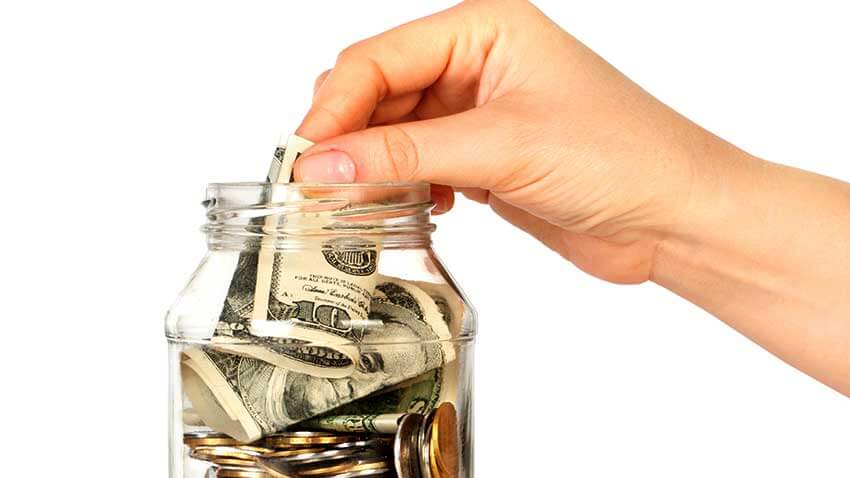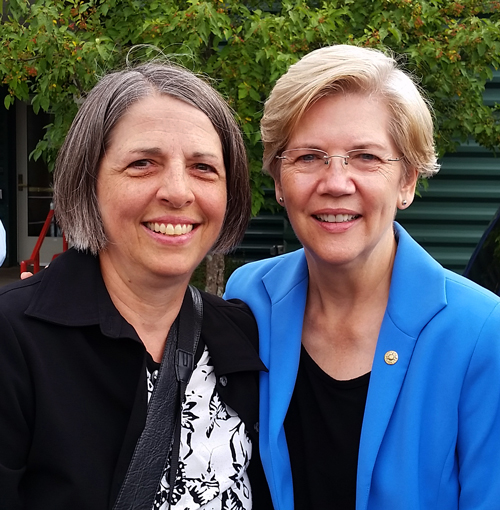My friend and colleague John Haydon is a leading authority on contemporary fundraising approaches for nonprofits. He not only teaches leading-edge digital tactics but emphasizes the necessary perspective and approach for success…essentially what experienced marketers should know – that your nonprofit’s message needs to be about your donor, not about your organization.
John emphasizes the necessity of thanking donors and highlights the variety of ways in which an organization can do that.
Last week I attended a memorial service for a man I’ll call J.D. He was the father of a friend. I knew him as an acquaintance and he was an inspiring guy – always ready to lend a hand to anyone who needed it. He truly lived a life of service to others.
Not long after J.D. started attending the church where I met him, he received a thank you letter from the minister for the money he had tithed to the church.
Previous to finding his way to that church he had been a life-long Catholic. After receiving the letter J.D. told the minister that he had given money to the Catholic Church his entire life and never once received a thank you letter. That was the clincher for him. He had found his new spiritual home and he was staying.
I’ve always been a strong proponent of offering a “thank you” whenever possible…believing that that small gestures deserved a voiced appreciation just as much as the larger acts of goodwill and kindness.
And when it comes to “Thank Yous”…I’ve noticed something interesting over the last 5 years.
In establishments that display a tip jar at the cash register (like an ice cream or coffee shop), when I add a contribution after receiving my change, the counter staff (usually young people) almost never say thank you.
They use to. Almost always. But I’ve been paying close attention and, at least at the places that I frequent, it rarely happens anymore. And it makes me sad.
Have the “kids today” not been taught that etiquette? And believe me I’m not a fan of prim and proper behavior, but to me, it’s common courtesy to express appreciation when you’ve been given a gift. A tip is a gift – a financial bonus that no one is required to give.
Some of these shops are very busy, and I’m sure the counter help are stressed out, but that doesn’t let these folks off the hook. Are they not noticing that I just dropped 75 cents in the jar? Do they just expect it, so don’t believe a “thank you” is necessary?
I’m writing about this today because recently several young people have said thank you in response to the money I’ve dropped in their tip jar.
It happened on the Saturday night before Halloween. I was with a friend at an ice cream shop in Newburyport. There were two 20-something women behind the counter scooping ice cream.
I paid the first young woman and dropped my change into the tip jar. She immediately said “Thank You!” in a sincere, direct and assertive voice.
I stopped and I thanked her for thanking me and engaged in a short conversation with her and second young woman. I shared my experience that I rarely hear thank you anymore when contributing to a tip jar.
The second woman stated emphatically “Well, of course, you say thank you! Or next time they won’t tip you.”
She got it –she seemed to be a sincere “thanker,” but she also knew that beyond the natural courtesy it was a public relations strategy.
And that’s the good news. You make the tippers feel that their gesture was not only noticed but appreciated.
And your “Thank You” is verbal money in the bank for next time.
This consciousness and policy is a wise approach beyond the counter help in the service business. It’s a best practice for all businesses and especially applies to nonprofit organizations.
Thank. Your. Donors.
Period.
And if you want to take it to the next step, put on your thinking cap and get creative about how you thank them. Your donors will get a kick out of it and appreciate you even more.








